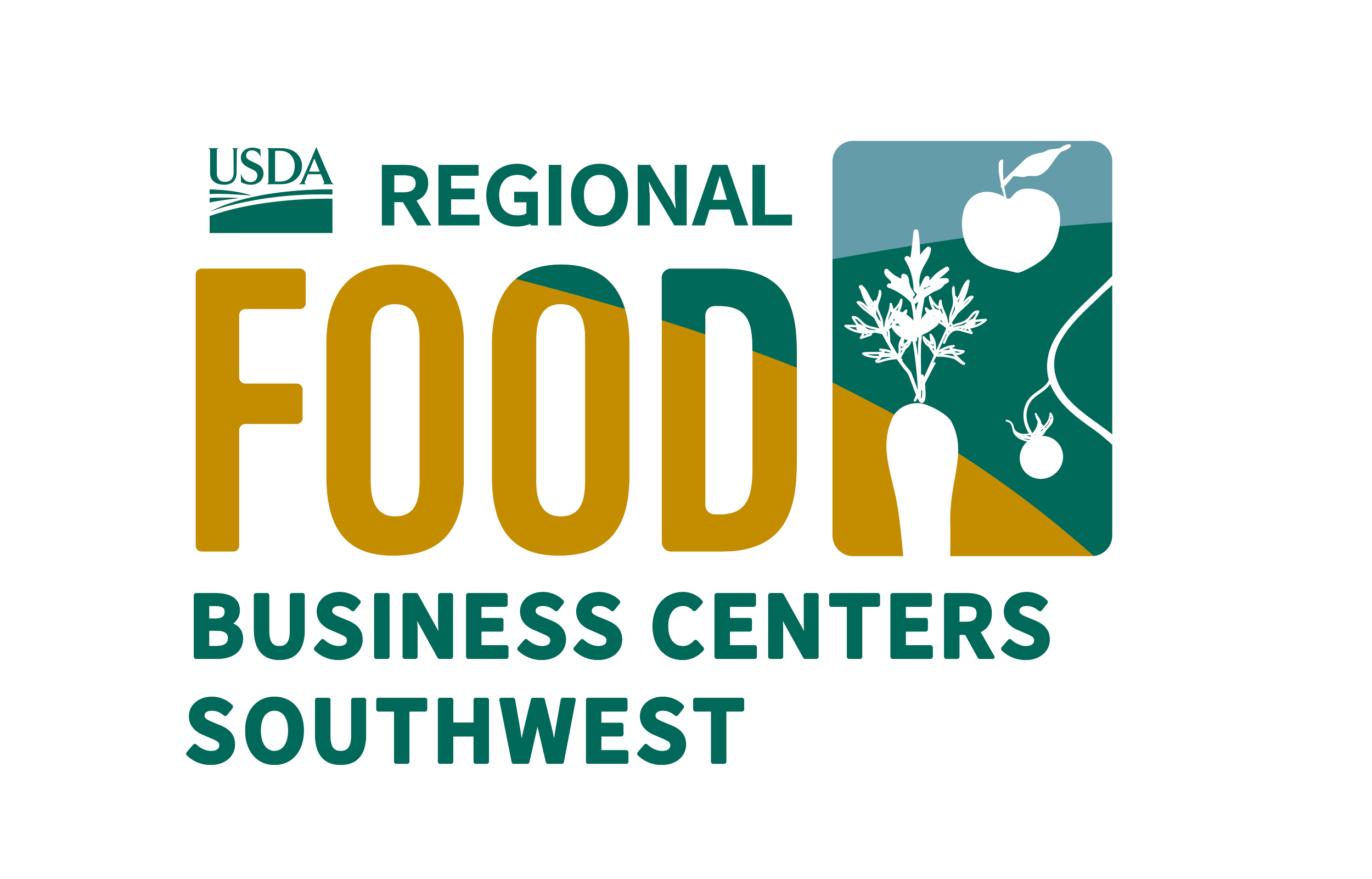
Arizona Ag Business Boot Camp
Registration Coming Soon
The program length will be 8-weeks with a hybrid format of in-person and online (Zoom) workshops, as well as onsite farm and facility tours.
Workshops will be held on Mondays, from 9:00am—11:00am, either in-person at Camp Verde Community Library or online via Zoom.
Curriculum Topics, Format, & Descriptions
Week 1, Feb 3 (in-person): Welcome & Orientation; Introduction of the Business Plan
Meet the other farmers and growers in the first cohort of the Arizona Ag Business Boot Camp, review how the next 8-weeks will look, and learn where to obtain program materials. The first workshop session will also discuss how to approach building a business plan.
Week 2, Feb 10 (online Zoom): Developing a Business Plan & Knowing Your Numbers
This workshop will review what a business plan is, how to develop and write one, and introduce useful resources and templates. Participants will be asked to present a business plan by week eight of this course. Equally important as knowing what your business model looks like is how to keep track of your numbers – such as expenses, revenues, taxes, grant income, and loans. Bookkeeping and software tools can help with this and several will be highlighted during this session, along with tips for how to know your numbers.
Week 3, Feb 17 (online Zoom): Food Safety & Certifications
Food safety is critical to keeping trust with consumers for your farm products, accessing market channels, and working with other producers through cooperatives and food hubs. This session will review food safety requirements, such as Good Agricultural Practices (GAP), Food Safety Modernization Act (FSMA), and other county and institutional-specific standards, as well as how to obtain food safety certification and keep records.
Week 4, Feb 24th (in-person): Value-Added Products, Commercial Kitchens, & Market Channels (Workshop & Onsite Tour)
The development of value-added products can open up new markets for producers, helping them get the most out of what they grow and raise while preventing food waste and spoilage. It’s also a way to increase profit-margins and connect people to your farm products and story. This workshop includes a tour by a local rancher at his commercial kitchen where his team makes value-added products. Learn how these products have been a game changer for sustaining his business, how he refurbished a commercial kitchen to make the value-added products possible, and what advice he has for getting into the value-added space.
Week 5, Mar 3 (online Zoom): Selling to Diverse Markets (Restaurants, Schools, Hospitals, SNAP/EBT, Direct to Consumer, Retail)
Selling to diverse market channels – from direct to consumer outlets like farmers markets, CSAs, and online stores, to institutional markets like schools, and places like food hubs and retail outlets – is important to have a resilient ag business model. This workshop will discuss some of the requirements of selling to various markets, which one could work best for your business model and location, and people/organizations to partner with to open more market opportunities.
Week 6, Mar 10 (in-person): How to Do Impactful Marketing & Tell Your Story; Agritourism (Workshop & Onsite Tour)
Perhaps now more than ever, people want to know about the person that grows their food, and how their food choices can beneficially impact their environment, community, and health of their family. Learn how to tell your story in a way that connects with people, attracts a loyal customer base, and leads to revenues for your business through marketing tools like website design, social media posts, and effective marketing content. This session also includes an onsite visit to a farm that has leveraged the power of Agritourism to create more profitable income streams for their business while also showing people why their local farms matter.
Week 7, Mar 17 (online Zoom): How to Fund Your Farm (Farm Service Agency, USDA Programs, the SWRFBC, other Funding Resources)
Accessing capital and navigating the many funding programs can be challenging, but understanding what resources are available is key to helping start, expand, or sustain a farming operation. This workshop will introduce the Farm Service Agency (FSA) and how to obtain an FSA number to gain access to USDA funding resources, such as the Natural Resource Conservation District (NRCS) funding and technical assistance programs. Other resources such as the SWRFBC, grants, loans, and programs dedicated to Tribal, rural, and underserved communities will also be explored. (Note: completing a business program like the ag boot camp can often qualify as education/training when applying for funding.)
Week 8, Mar 24 (in-person): Business Plan Presentations & the Arizona Food System Community; Graduation
This is it - the culmination of dedicating eight weeks to spending time with other farmers and local business owners. Each participant will present a business plan using one of the resources provided during the program, or another one of their choosing, and can receive suggestions and feedback. Following the presentations, the group will learn a bit about the landscape and community of the Arizona Food System to include cooperatives, food hubs, nonprofits, tribal organizations, and who to connect with when needing 1-1 technical assistance, access to markets, grant writing support, and more. The day will wrap-up with certifications being given out.
If you have questions about the Arizona Ag Business Boot Camp, please contact us.



